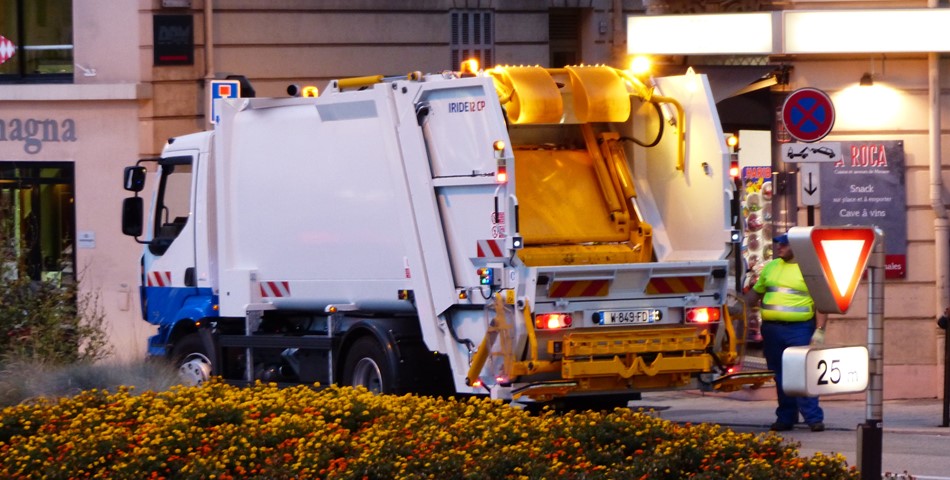Globally, ample opportunities exists for smart waste collection solutions that can increase efficiency and improve the quality of these services, a new report from Navigant Research which examines the global market for smart waste collection technologies, notes. City officials are more and more urged to look at new market entrants that carry out waste collection more efficiently and on tighter budgets. Most municipal waste collection operations essentially empty containers at predefined schedules at daytime hours with consistent frequency. When faced with either empty or half empty bins, the collection system becomes inefficient and reflects badly on the use or misuse of city resources, not to mention the unnecessary fuel consumption for such trips. Technology allows operators today to build smart solutions to track waste levels, choose the best routes and mobilize the right staff and equipment. This will allow municipalities and waste service managers to optimize waste management services, reduce operational costs, and lessen associated negative environmental impacts. The adoption of technologies such as global positioning systems-enabled (GPS), routing, radio frequency identification (RFID), fuel switching, and pneumatic tube, smart energy recovery, waste to energy (WTE), waste to fuels (WTF), and landfill gas to energy, are seen as smart ways of waste disposal. Currently, mechanical and biological treatments are being deployed in smart waste management in conjunction with refuse-derived fuel production facilities and advanced recovery facilities. The global smart waste management market is segmented into its solution, service, and applications, added Navigant Research. Based on the solution, the smart waste management market is segregated into network management, analytics and reporting solutions, optimization solutions, asset management, and others. On the basis of service, the global market is categorized into managed services and professional services. On the basis of application, the market is divided into food & retail, manufacturing & industrial, municipalities, construction, healthcare, and colleges & universities. North America and Europe lead the global market for smart waste management market due to more stringent government regulations, investment and research in technologies to manage waste and also running out of alternatives to landfills. Asia Pacific is expected to also witness marked growth in the coming years. Navigant Research said that the global smart waste collection technology market is expected to grow from USD57.6 million in 2016 to over USD223.6 million in 2025. Smart Waste Management Markets will be worth USD2.37 Billion by 2021, according to Markets&Markets Research.


Construction Machines & Vehicles - Trucks & Haulers
Picking up Trash Smartly
Is Picking up Speed
April 2017

The waste collection services industry has ridden the global upturn in industrial, construction and commercial business sectors. Since 2011, recovery meant more waste production, catalyzing with it the waste collection services industry which has witnessed sustained growth over the past five years. Residential waste, a function of population size has been a mainstay in this equation. The industry revolves around collecting hazardous waste including biomedical products and nonhazardous waste such as household, industrial, commercial and recyclable materials. Traditional waste collection is making way for newer, smarter, more effective technologies that are becoming more commercially viable options driven among others by increasing interest in connectivity.










